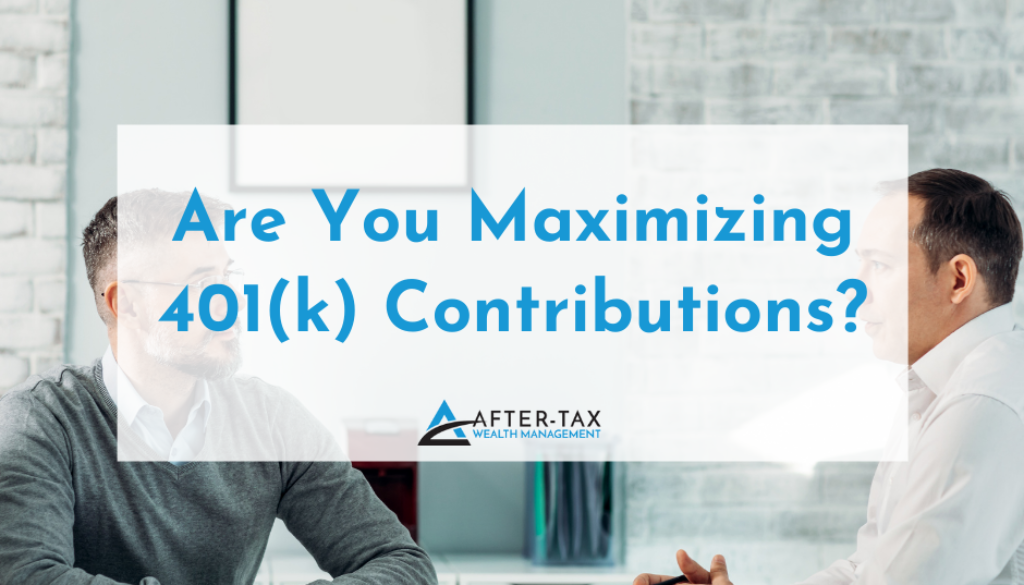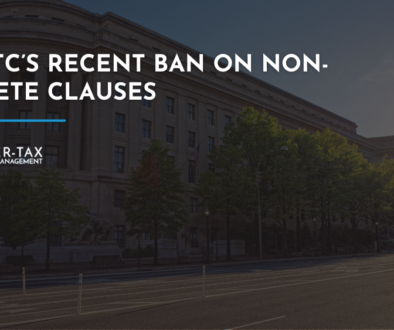Are You Maximizing 401(k) Contributions?
The more money that you can save when you are working, the easier it should be for you to retire and enjoy your golden years. Unfortunately, Social Security may no longer provide a sufficient income to live on during retirement. To combat this financial challenge, many small businesses have adopted the corporate approach to 401(k) matching. In fact, for employers who provide a match to employees, this match averaged around 4.7 percent of the employee’s gross pay by the end of the first quarter of 2020.1 This growth has inspired many individuals to learn more about 401(k) planning.
What You Need to Know About 401(k) Planning
There are two types of 401(k): the traditional 401(k) and the Roth 401(k). For professionals under the age of 50, the annual contribution limit for 2022 is $20,500. For professionals over the age of 50, the annual contribution limit for 2022 is $27,000.2 It is important to note that the limits apply regardless of how much income is earned throughout the year. Additionally, the annual contribution limits can change based on updated tax legislation.
The money in your 401(k) can be invested with a conservative, moderate, or aggressive approach. Additionally, the money that you place in a traditional 401(k) is considered tax-free, which means that your contribution is deducted from your earnings pre-tax. The contributions in a traditional 401(k) will also grow on a tax-deferred basis. However, once you turn 59 1/2, you will be able to take penalty-free withdrawals from your traditional 401(k).3 Each withdrawal will be taxable. When you turn 72, you will need to start taking the Required Minimum Distribution for Year-End (RMD).
Unlike a traditional 401(k), a Roth 401(k) allows you to contribute funds on a post-tax basis. In layman’s terms, the Roth 401(k) offers no immediate tax break. However, once the money is in your retirement account, it will grow on a tax-free basis. You will be able to take penalty-free withdrawals at 59 1/2 and RMDs will begin at the age of 72.4 However, your Roth 401(k) withdrawals will be tax-free.
All Generations, Including Millennials, Should Maximize Contributions into Retirement Accounts
The more strategic you are with your 401(k) planning, the easier it should be for you to retire comfortably. To help maximize your contributions and growth, you can implement the following strategies.
- Pay attention to the yearly contribution limit. — As of 2019, an estimated 43 percent of American workers were taking advantage of 401(k) matching offered by an estimated 95 percent of American businesses.5
- Choose the right type of investments. — Your investment strategy will depend on your unique financial circumstances. You will want to take on an appropriate level of risk, diversify your investments to maximize growth, and minimize fees.
- Maximize your full employer match. — Professionals should speak with their human resource departments to learn more about 401(k) employer matching. As of the first quarter of 2020, on average, companies match 4.7 percent of employee contributions.
- Take advantage of catch-up contributions. — Every year the catch-up limit changes. In 2022, the catch-up limit was maintained at $6,500, which means that professionals ages 50 and over can set aside an additional $6,500 in their annual contributions. Catch-up contributions create the opportunity for older workers to help boost their retirement savings.
- Use a Roth 401(k) to your advantage. — The main benefit of a Roth 401(k) is that it offers tax-free withdrawals during retirement. Keep in mind that a traditional 401(k) is tax-deferred, which means that penalty-free retirement withdrawals will be taxed based on your tax bracket at the time of withdrawal.
Your Future Awaits. Are You Maximizing Your Financial Opportunities?
In conclusion, if you want to prepare for retirement, then you need to maximize your contributions across your traditional and Roth 401(k). In some cases, it might make sense to have both a traditional and Roth 401(k). To discover the right investing and retirement strategies for you, contact a member of the LPL Financial network today.
Important Disclosures:
The opinions voiced in this material are for general information only and are not intended to provide specific advice or recommendations for any individual. To determine which investment(s) may be appropriate for you, consult your financial professional prior to investing.
Investing involves risks including possible loss of principal. No investment strategy or risk management technique can guarantee return or eliminate risk in all market environments.
The information provided is not intended to be a substitute for specific individualized tax planning or legal advice. We suggest that you consult with a qualified tax or legal advisor.
All information is believed to be from reliable sources; however, LPL Financial makes no representation as to its completeness or accuracy.
4 https://www.irs.gov/retirement-plans/retirement-plans-faqs-on-designated-roth-accounts
Content Provider: WriterAccess
LPL Tracking #1-05224925




